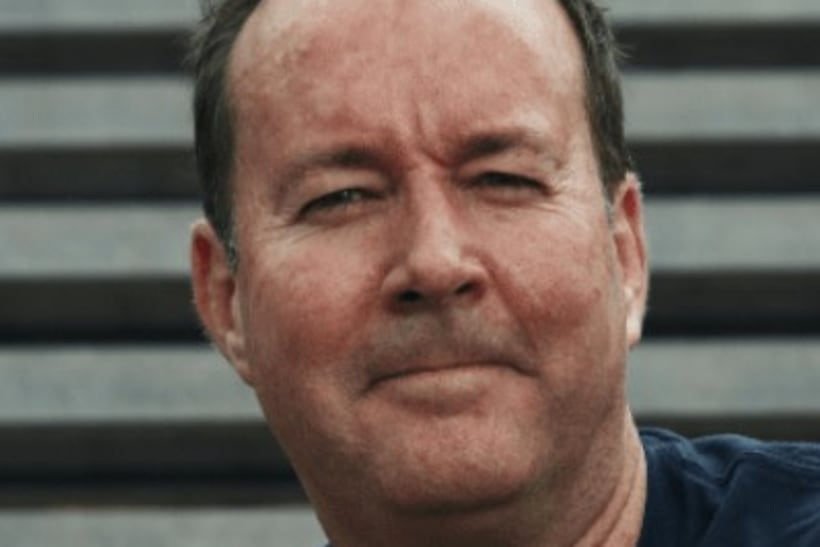The future of advice: What will it look like in 2030?

What will advice look like in 2030?
We all know that digital advice is the way of the future. But if we were to look ahead to 2030, digital advice will go even further. Of course, we won’t call it “digital advice” as everything will be digital, but instead, it will simply be known as “advice”. We’ll live in a world where you’ll receive independent advice prior to receiving every utility bill, every tax statement, and even before you receive your monthly pay. Forget the days of trolling website comparison sites for the best deal, advice engines will be able to automatically calculate which telco, electricity, water and healthcare providers are most competitive, allowing you to save thousands on unnecessary bills (not to mention saving you time).
In 2030, we’ll also find that the worlds of financial advice and tax advice will slowly merge into one. We’ll all get to enjoy real-time tips to help us proactively reduce our taxes and enhance our savings. And this won’t be available to just those who can afford it; thankfully, we’ll all be able to receive quality, comprehensive advice that is accessible. Just as it should be.
Gone are the days when you had to solve complex financial problems on your own. We’ll be able to easily map out our futures by creating personalised life plans that suit our needs. Easy-to-use projection tools will help us better prepare for big financial decisions like taking a holiday, buying a house, planning for IVF, having children, or taking a career break. Big moments in life need planning and financial considerations; holistic and educated help will simply be the norm.
We also know that data will continue to guide and inform, and artificial intelligence will only become more important. This data will proactively identify issues before you even see them yourself. These could range from not having the best insurance deal to living beyond your means. Been out to dinner a few too many times this week? You’ll be given a gentle nudge when your spending and savings aren’t adding up to future financial comfort.
But will we need to be concerned about data security? Well, we are right now, but legacy systems that haven’t been updated will be required to make changes and start-ups will be forced to set up systems that are progressive and future-proofed. Usernames and passwords will become a thing of the past as we welcome centralised, biometric authentication using blockchain to keep hackers at bay. We also know palm-reading payment systems like Amazon One will radically change how we protect our finances and personal data.
Even though the future of advice is set to change, receiving advice is one thing, but following it is another. We are, after all, only humans. However, by 2030, advances in amalgamated data, machine learning, and behavioural economics will make it easier to meet our financial goals. We’ll be able to choose auto-adjusted advice on a minute, daily, or hourly basis that will optimise your future by simply saying “yes”. For example, prompts like “Hey Paul, it looks like you have $131 to spare this week to stash into super. Go ahead?” or “We’ve forecast your next three weeks until payday, and you’ve got plenty of free cash to pay your bills and live life. Even adjusted for the incoming silly season.”
Financial advice is set for a dramatic change — a welcomed change that I truly believe will benefit each and every one of us.
Paul Feeney, founder of Otivo
Subscribe to 
Never miss the stories that impact the industry.






